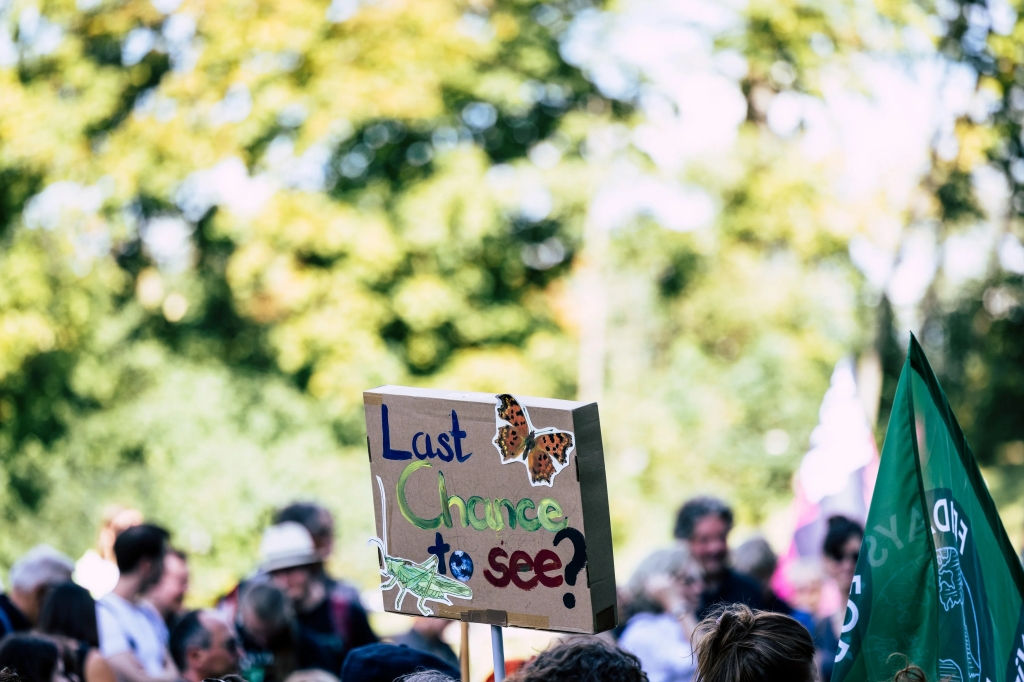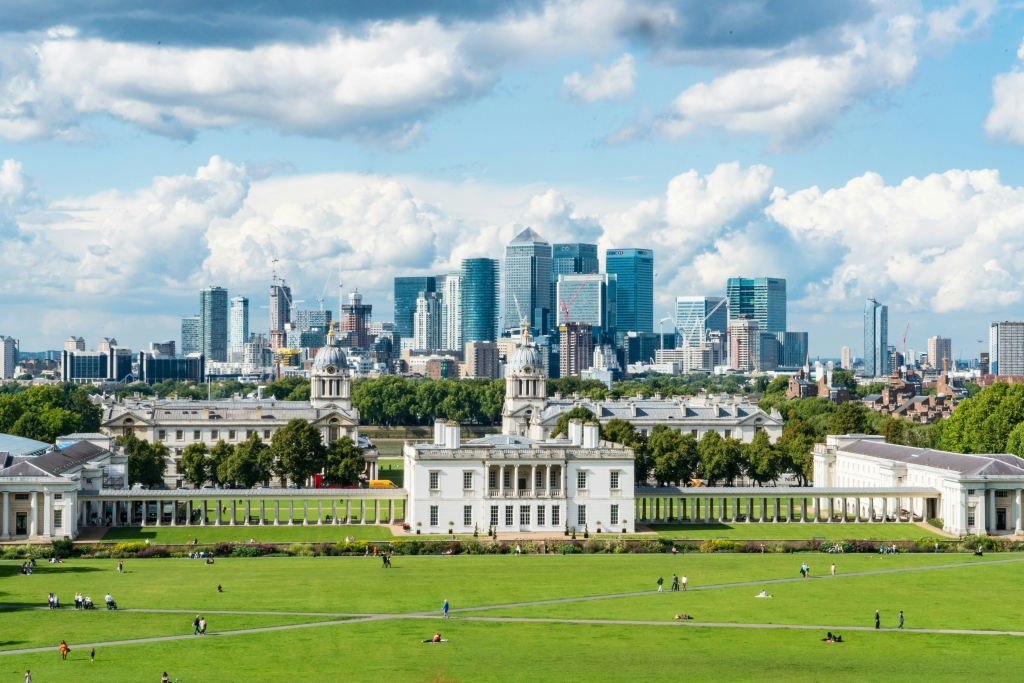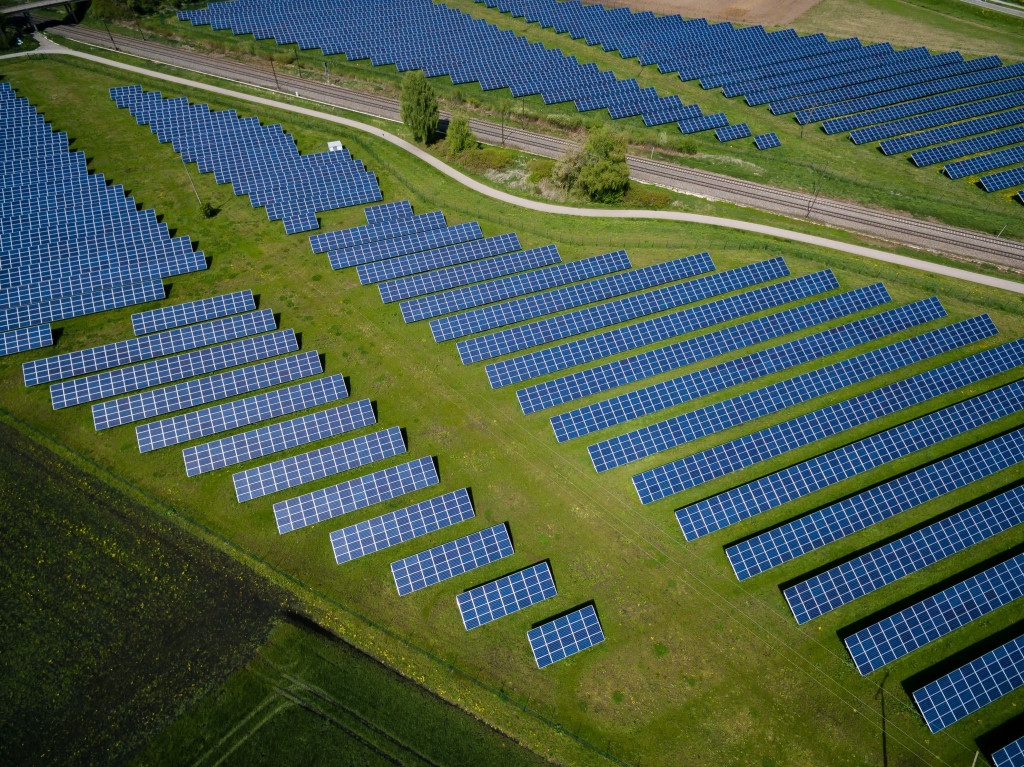Source: Department of Economics | St.Teresa’s College (Autonomous)
In a time when environmental issues are at the forefront and sustainability is a top priority, the connection between economics and environmental conservation holds immense importance. While efforts to conserve the environment are typically discussed in terms of ecology or ethics, grasping the economic aspects of environmental protection is just as vital. Let’s explore the complex interplay between economics and environmental conservation and uncover how economic principles can guide sustainable actions to safeguard our planet.

The Economic Value of Ecosystem Services:
Ecosystems offer a diverse range of vital services necessary for human welfare, such as maintaining clean air and water, supporting pollination, regulating the climate, and enhancing soil fertility. Despite their significant importance, these services are frequently undervalued and neglected within conventional economic frameworks. Nevertheless, economists have devised approaches to measure the economic advantages of ecosystem services, emphasizing their contribution to supporting livelihoods and maintaining economic activities. By assigning economic worth to ecosystem services, policymakers can make well-informed choices that prioritize conservation and the sustainable management of resources.
Investing in Natural Capital:
Amidst the swift pace of urban growth, industrial expansion, and resource utilization, safeguarding natural capital—our wealth of natural resources and ecosystems—is vital for ensuring sustainability in the long haul. Economists promote investing in natural capital as a strategy to ensure future economic success and ecological robustness. This could entail initiatives like reforestation, wetland revitalization schemes, or responsible fisheries oversight. By preserving natural capital, communities can uphold the indispensable services offered by ecosystems, diminish the threats of environmental decline, and elevate overall welfare.

Market-Based Solutions for Environmental Challenges:
Historically, environmental conservation strategies have heavily leaned on command-and-control regulations, which enforce limits on pollutants through governmental directives. While these regulations are crucial, economists suggest that market-driven approaches can enhance regulatory efforts and accomplish environmental targets more effectively. For instance, carbon pricing mechanisms such as cap-and-trade systems or carbon taxes offer financial incentives for companies to cut down on greenhouse gas emissions. By leveraging market dynamics, these inventive solutions align economic motivations with environmental aims, promoting sustainable behaviours while also bolstering economic progress.
The Economics of Renewable Energy Transition:
Moving from fossil fuels to renewable energy sources is pivotal in environmental conservation efforts. While the move toward renewables is typically driven by environmental concerns, economists underscore the economic advantages of embracing clean energy. Renewable energy technologies have become more economically feasible, presenting opportunities for employment generation, energy autonomy, and economic expansion. Additionally, investing in renewable energy infrastructure can lead to substantial long-term savings by lessening reliance on unstable fossil fuel markets and alleviating the economic repercussions of climate change-induced catastrophes.

To wrap up, understanding the economic aspects of environmental conservation sheds light on how ecological well-being and economic success are intertwined. By acknowledging the economic significance of ecosystem services, embracing market-driven approaches, investing in natural resources, and supporting the shift to renewable energy, communities can chart a course toward sustainable progress. As caretakers of our planet, it’s vital to incorporate economic factors into environmental decision-making, striving for a harmonious equilibrium between human activities and the safeguarding of our invaluable natural resources. Together, we can ensure the preservation of the Earth for both present and future generations.
